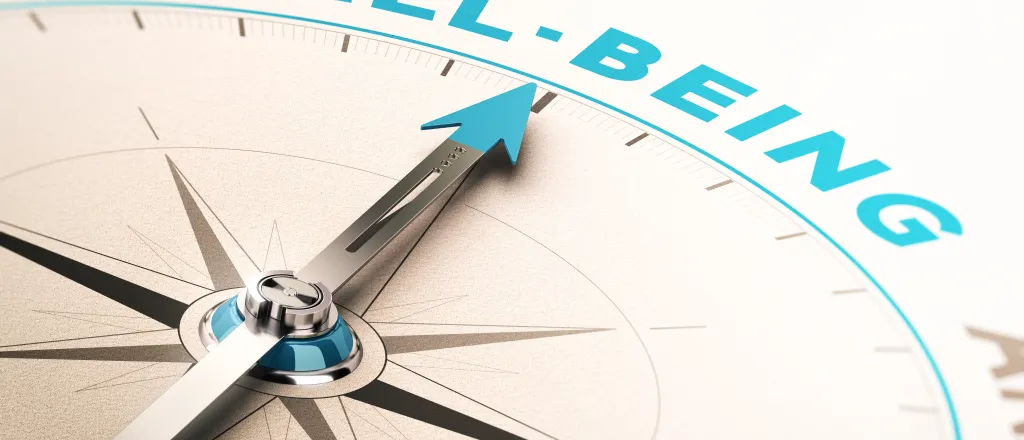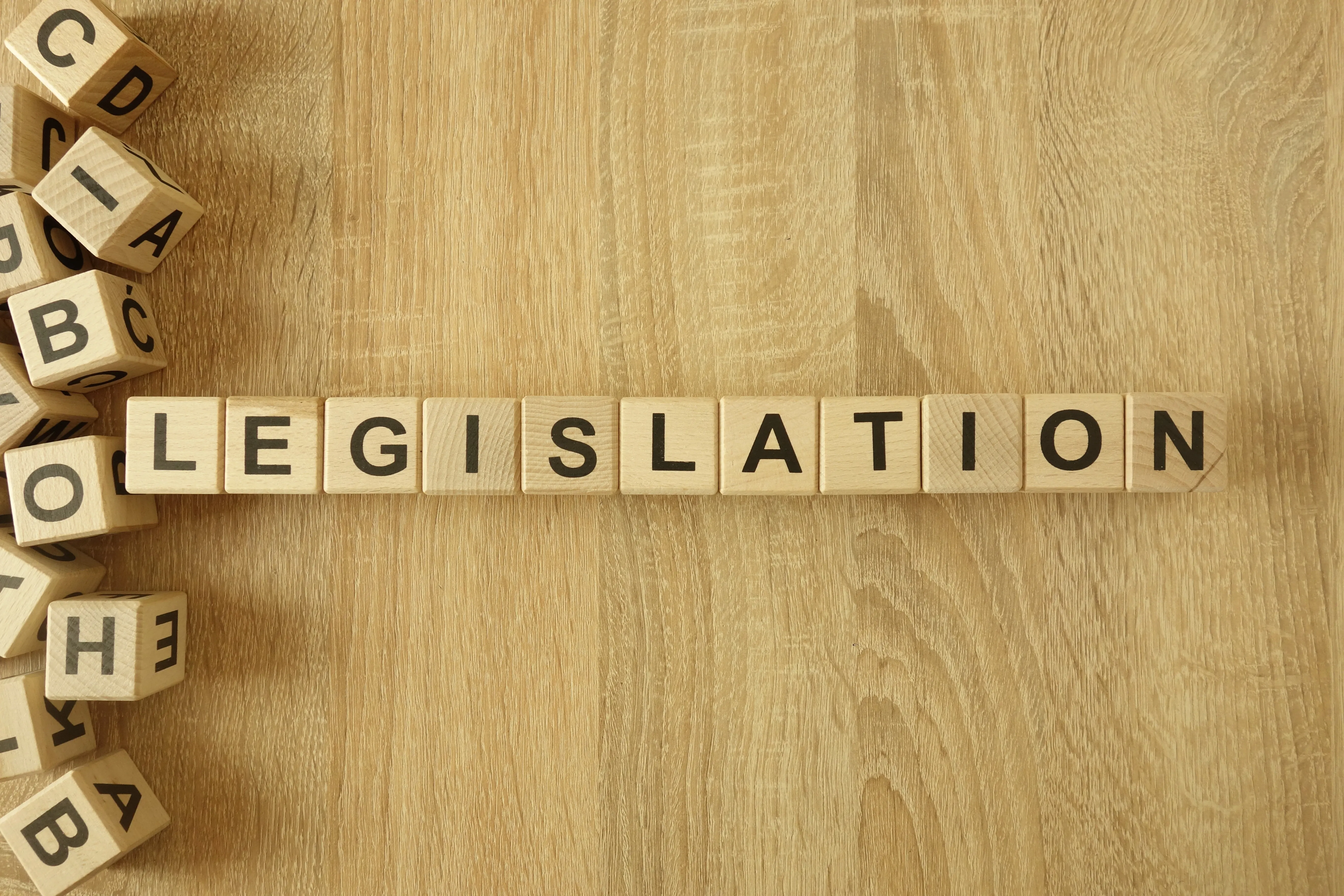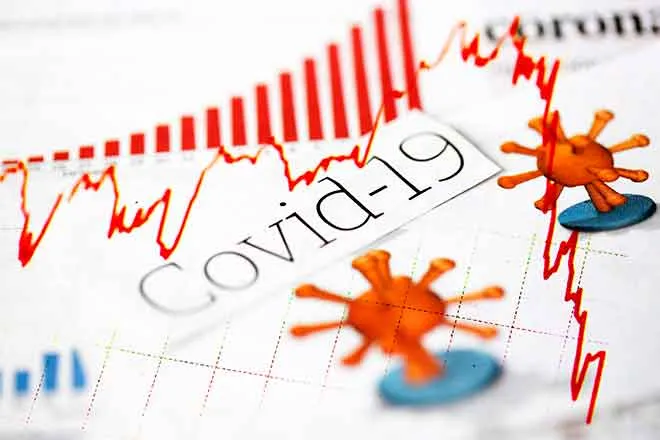
Engagement improves mental health outcomes in Aurora
(Colorado News Connection) Nearly one in five people in the U.S. live with a mental illness, according to the National Institute of Mental Health - but a new program underway in Colorado's third largest city is helping people recover faster, by keeping patients engaged in their own treatment.
Amber Olson - clinical director and psychologist at Aurora Mental Health and Recovery - said the program, which tracks a patient's progress in real time, allows providers to make adjustments when treatment is not working.
And it also helps patients see their progress.
"They are putting in a lot of hard work - they're coming to these appointments, engaging in the interventions they're given," said Olson. "And we really want them to see that that's having a positive effect. And sometimes if people are getting worse, we want to better understand why that is."
Patients who participated in the program that tracks both symptoms and care options moved toward remission 56 percent faster than patients who did not use the system.
Remission in mental health generally means symptoms have been mostly or completely alleviated.
An average of 130 people die of suicide each day in the U.S. The new tracking system helped providers identify patients at risk of, and those experiencing, suicidal ideation or self harm 99 percent of the time.
Providers were then able to make immediate corrections to the patients' care plan. Olson said the program is also helping get more people the care they need.
"If they're engaging and taking these measures on a regular basis, they're getting better quicker," said Olson. "And then if we are able to successfully complete treatment with more clients, then we can open the door for more to come in."
Between 1999 and 2019, 841,000 Americans died from a drug overdose. Olson said mental health impacts everyone in some way, and everyone experiences challenges and difficult times.
She said more and more people are learning that it's okay to ask for help.
"Our mental health is just as important as our physical health," said Olson. "And so really paying attention to your own mental health, and the mental health of your loved ones, is just really important."
The 988 Suicide and Crisis Lifeline is a hotline for individuals in crisis or for those looking to help someone else. To speak with a trained listener, call 988. Visit 988lifeline.org for crisis chat services or for more information.
The Veterans Crisis Line connects veterans and service members in crisis and their families and friends with qualified, caring U.S. Department of Veterans Affairs responders through a confidential hotline, online chat, or text. Dial 988 and Press 1 or visit veterancrisisline.net for crisis chat services and more information.
















